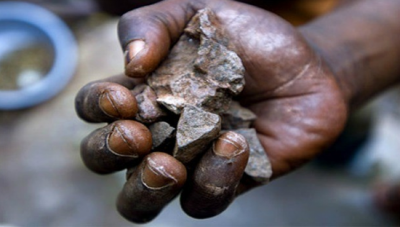By
Darell Maurice
The International Monetary Fund (IMF) have urged Congolese authorities to fight harder against “widespread” poverty that persists in the country, but did confirm their economic growth to be strong.
The finding emerged from a meeting that the IMF Board of Directors recently had, devoted mainly to the DRC. The account that follows from the international financial organisation shows a satisfactory status for the country’s robust economic growth as a result of the application of prudent macroeconomic policies. But it turns out that this growth as reflected by the numbers is not commensurate with the social realities of a country alongside its absolute poverty. “If the growth rate for 2014 stood at no less than 9.2%, the poverty rate in the DRC is still among the highest in the world,” according to the IMF notes that poverty and unemployment are still high in the country.
While authorities continued to rave about the level of Gross Domestic Product (GDP) per inhabitant, the GDP actually doubled between 2005 and 2012. The truth is that the country was unable to move the lines in terms of improving people’s living conditions. The rate of people living below the absolute poverty line ($1.25 a day per person) dropped only five points in the same period to stand at 82%, according to the IMF, confirmation of the DRC having one of the highest poverty rates in the world.
This is a potentially misleading result when we know the immense wealth that the country holds, being the first cobalt producer in the world, counted among the largest producers of copper and diamonds, besides the fact that it is well-resourced for both water and forestry. The fact that eight out of ten inhabitants live below the threshold of absolute poverty suggests that improving the daily lives of populations remains a major project in the DRC. This certainly explains the IMF management’s urging of the Congolese authorities “towards a more sustained effort to diversify the economy, promote a better shared economic growth and improve social indicators.”
Still occupying the last places in international rankings in terms of development, business climate or corruption, the DRC has a lot to do to try to restore the broken social balance by creating an attractive environment for potential investors.



No Comments Yet!
You can be first to comment this post!